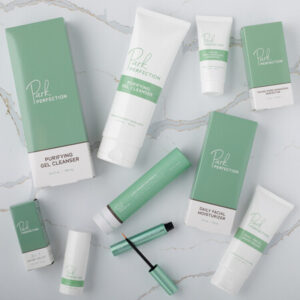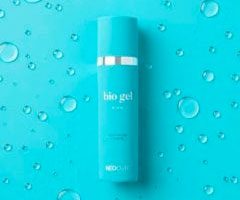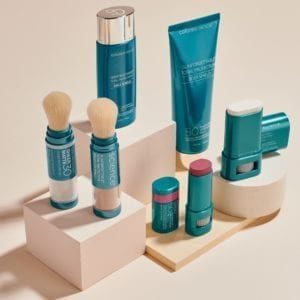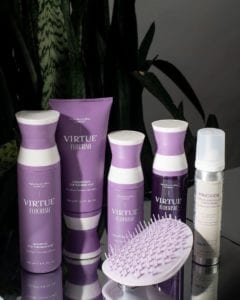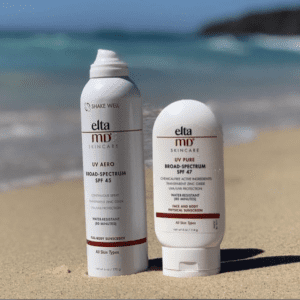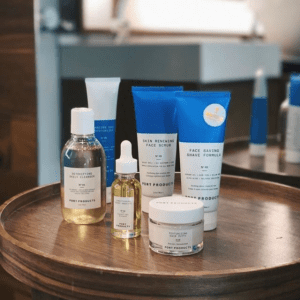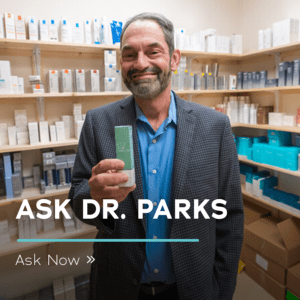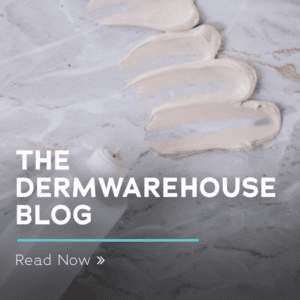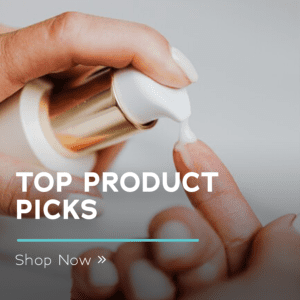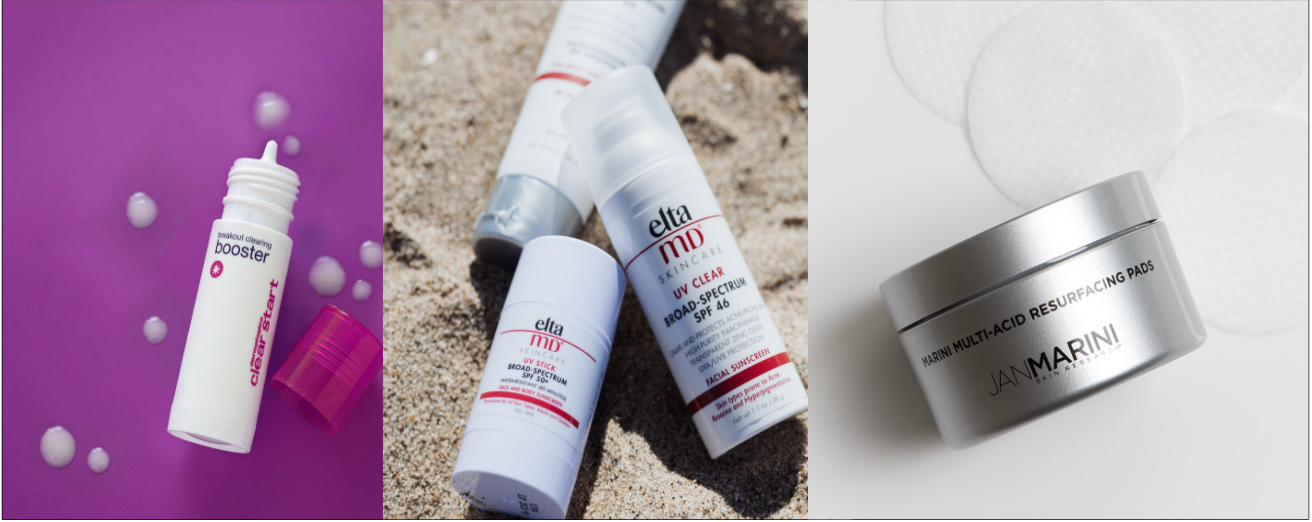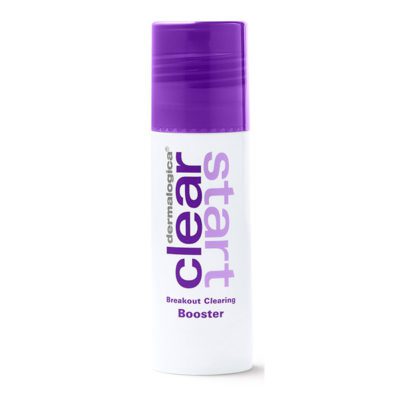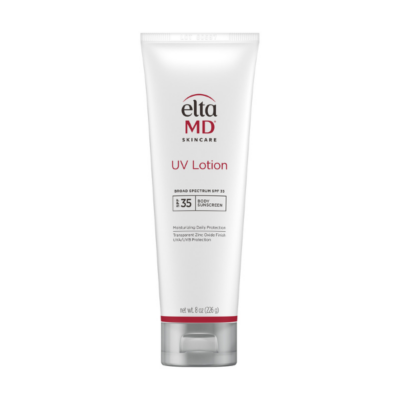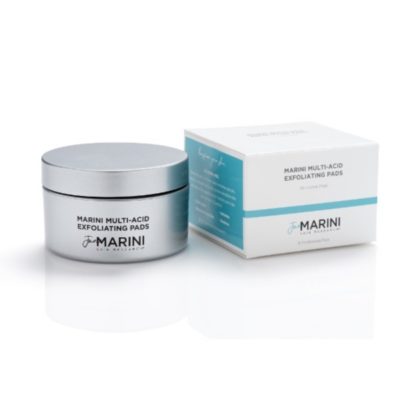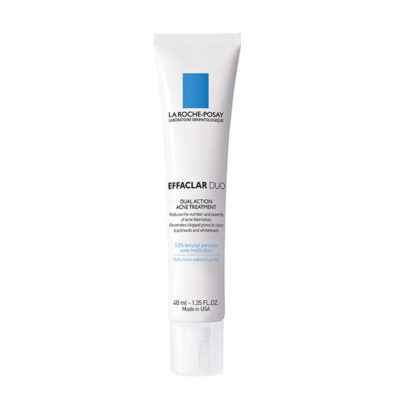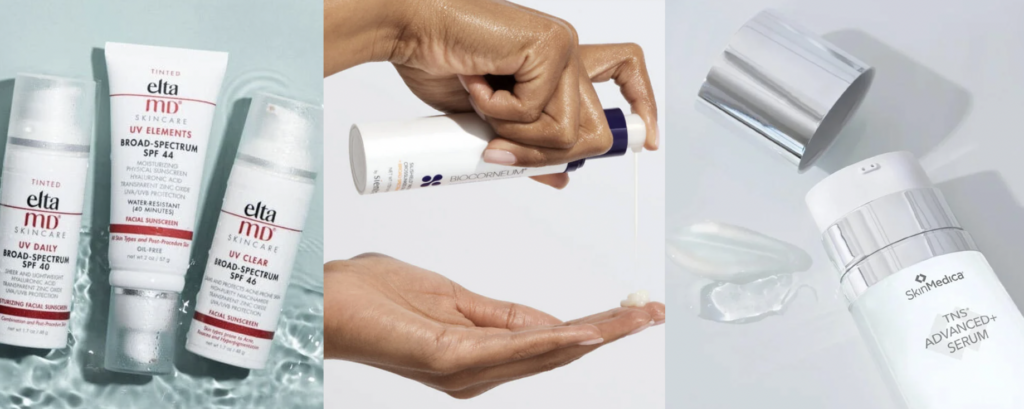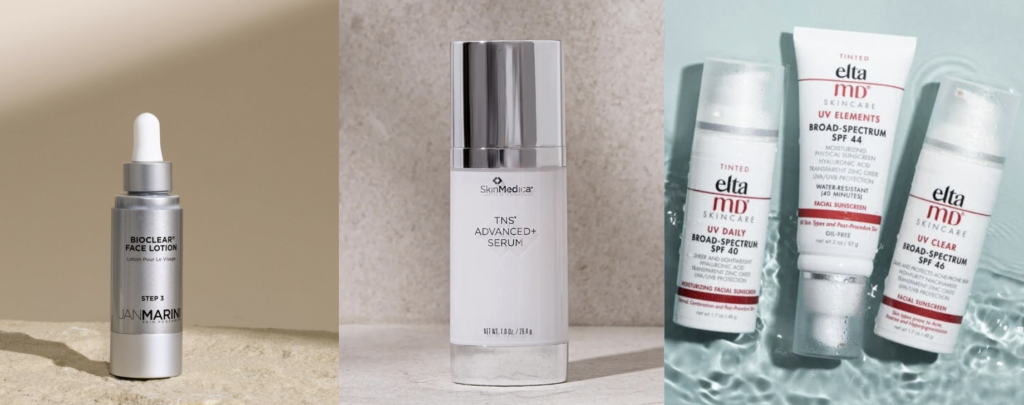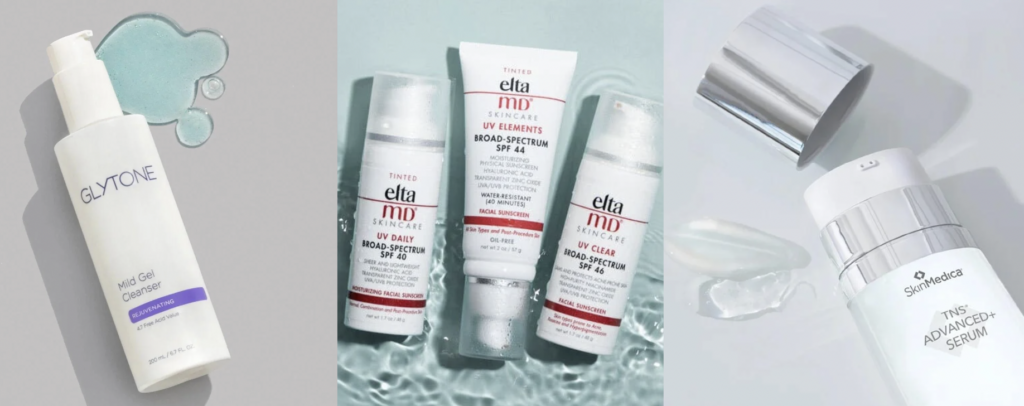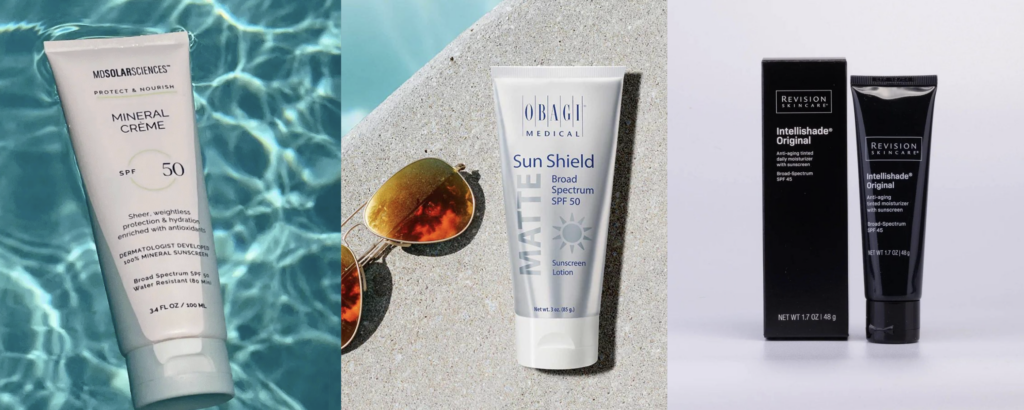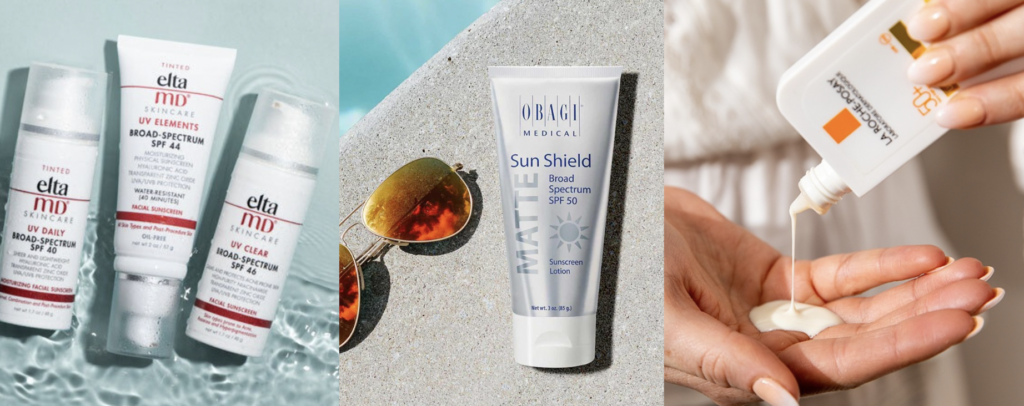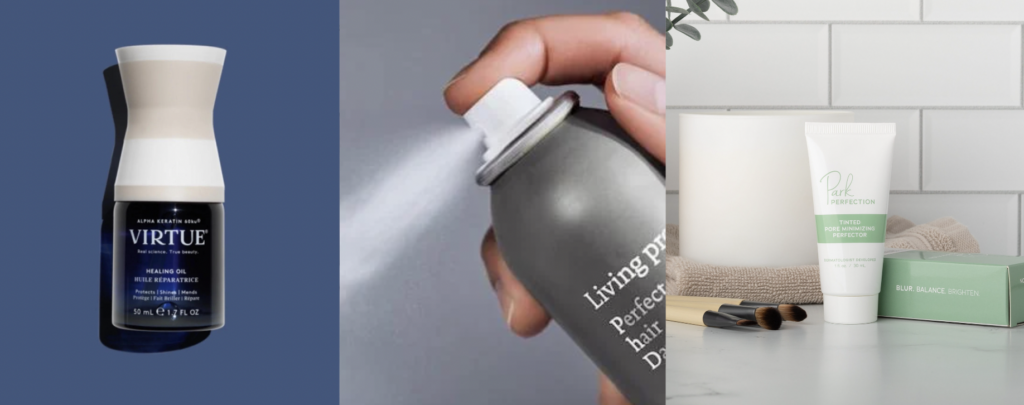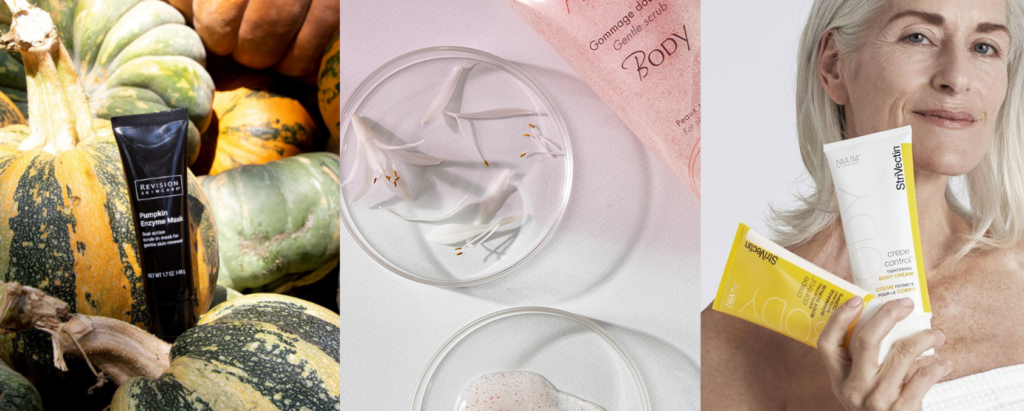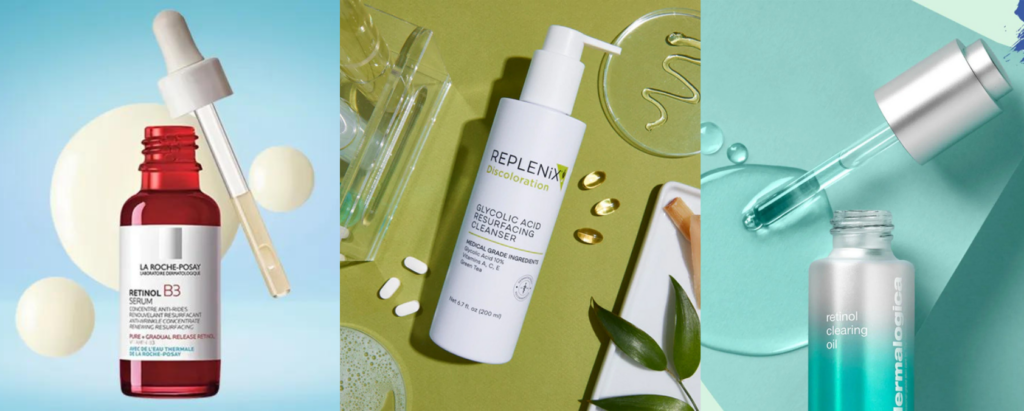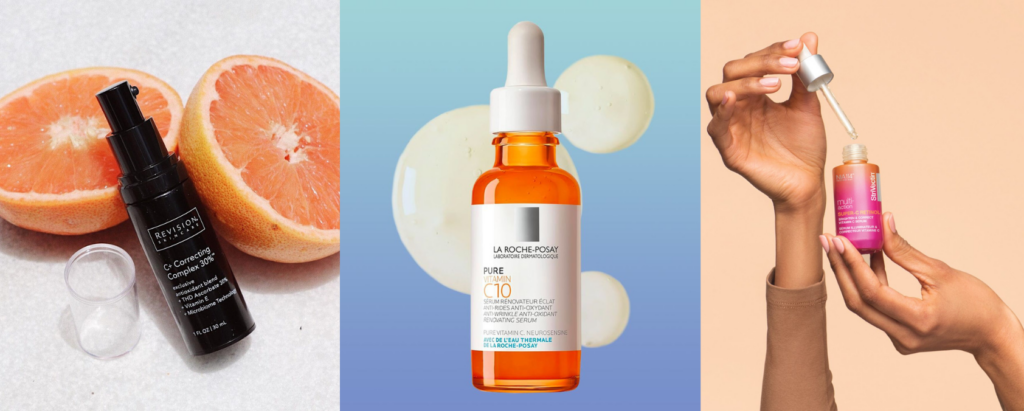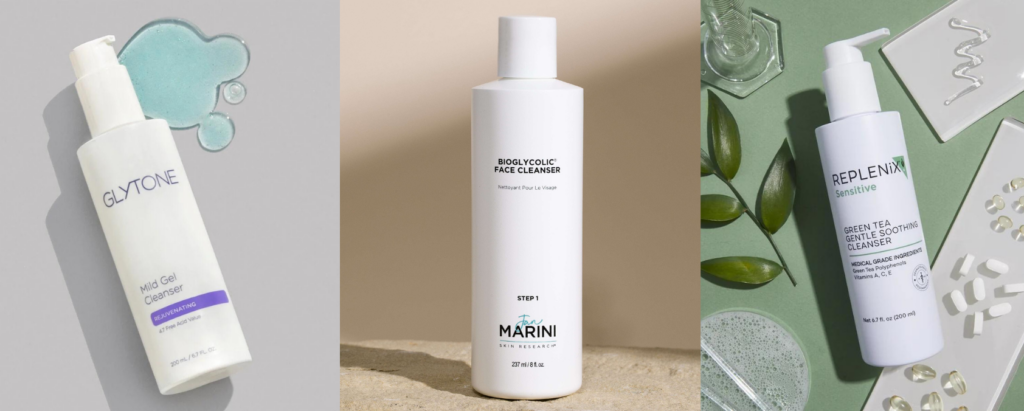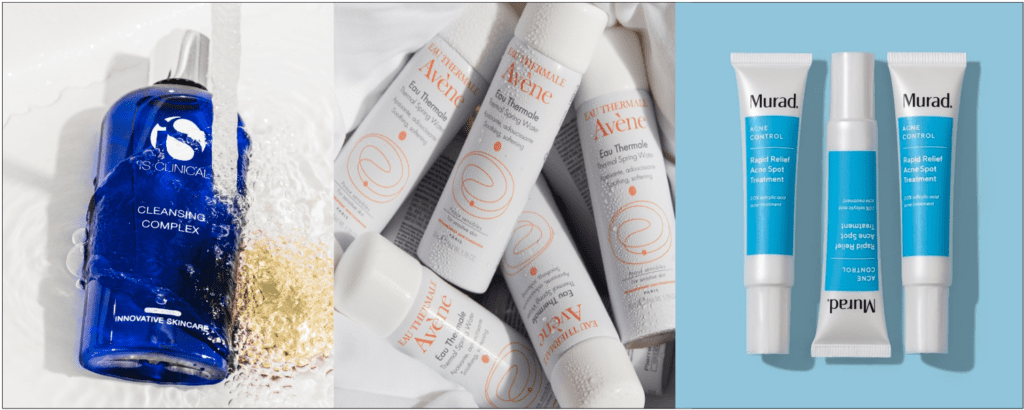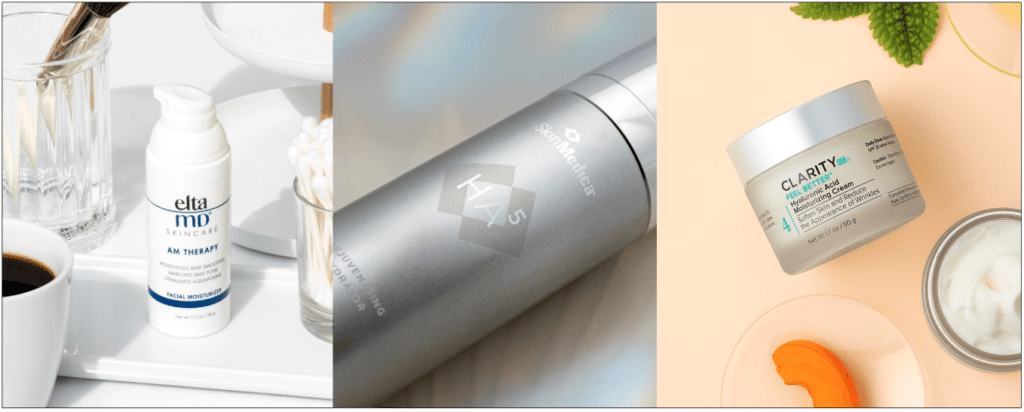Sun exposure is often associated with skin damage, from sunburn to melanoma. However, some believe the sun can help acne by killing acne-causing bacteria. How much sun you should have in a day? Does the sun actually help acne? These are all important questions that you should consider when it comes to treating your acne.
The damage that UV exposure can cause to your skin is well researched and documented. Sun exposure can negatively affect your skin, like aging, which is why so many beauty blogs recommend lathering on SPF like it’s your job. This is often referred to as photoaging, which can take a few years to surface since UV damages the deepest layers of the skin instead of the surface. This damage is also what can cause skin cancer. UV lights can cause DNA to change randomly, leading to skin cancer over time. Beyond cancers, UV exposure can lead to the dryer, rougher skin with more wrinkles and lines.
So, Can the Sun Help Acne?
For the question of whether or not the sun can benefit or harm your acne, the answer is that it probably won’t help. Some people report that the sun helps their acne, but there isn’t much data to back these claims up. “The sun, more specifically UV radiation from the sun, can kill bacteria that contribute to acne, though many other things can too,” says Dr. Parks, founder of DermWarehouse. “It can also suppress your immune system, temporarily reducing redness and inflammation in your acne. However, these benefits are temporary, often damaging your skin later on, which can actually worsen acne,” Dr. Parks says. There is something to be said about regularly going outside to reduce stress, as stress greatly contributes to acne breakouts. If you notice that you break out less while on a tropical vacation, it’s probably related to stress and not science.
“It’s important that you take adequate care of your skin whenever you are outside,” says Dr. Parks. Applying sunscreen can save your skin from unnecessary damage, leading to better quality overall and less acne in the end. For your face, consider using Jan Marini’s Antioxidant Daily Face Protectant SPF 33, which doesn’t leave grease and reduces any signs of skin aging. For your body, consider Elta MD’s line of sunscreens, from Sport Broad-Spectrum SPF 50 or UV Pure Broad-Spectrum SPF 47 to UV Lotion Broad Spectrum SPF 30+.
Protecting Your Skin from UV Exposure
Earlier, we discussed how UV light can temporarily benefit acne by suppressing the immune system and killing bacteria. These effects, however, do not come without a cost. UV also has other issues when it comes to your skin and acne. Sunburns, in particular, are a huge issue for acne. When you get a sunburn, the top layers of your skin die, which can flake off and clog pores leading to more breakouts. Being in the sun’s heat can also make you sweat more, increasing the bacteria growth on your skin and leading to more acne issues. Even the reduction of inflammation isn’t without cost; since suppressing your immune system stops your body from healing as effectively, meaning that you’ll often end up with even worse acne after a day of sun exposure.
There is, unfortunately, no easy or quick way to treat acne. While the idea of sun exposure treating acne is attractive as an excuse to spend more time outside, the damage it could cause is not worth the risk. However, there are many ways of treating and assisting the healing of acne. The most important way to treat your acne is to uncover the root of your acne and solve that. There are two primary types of acne; hormonal and bacterial/fungal. These have different treatment methods but are both as easy to solve, provided you take the time to learn why they happen.
Bacterial vs. Hormonal Acne
“Bacterial acne is usually less common than hormonal acne, but it still happens in many people. As with most types of acne, exfoliating regularly helps immensely,” says Dr. Parks. Bacterial acne occurs when bacteria either force pores to exude more oil or when the growth gets out of hand and directly clogs the pores. In addition, regulating the oil in your skin could prove helpful. Both too much and too little oil can lead to clogged pores, whether by sebum or dirt. Products containing salicylic acid are also good for treating acne. My favorites include the Glytone Acne Clearing Toner with 2% salicylic acid, the Jan Marini Multi-Acid Resurfacing Pads, or the Dermalogica Breakout Clearing Booster. If your acne is severe enough, check with a doctor to see if antibiotics could help your bacterial acne.
Hormonal acne is far more frequent than bacterial. It is caused by hormonal imbalances, which disrupt oil production in the skin. These imbalances are most often found in women, such as menstrual cycles, pregnancy, and menopause. However, men are not immune to hormonal acne. “As with all acne, regularly exfoliating and regulating your skin’s oil production is necessary. However, with severe hormonal acne, it may be a good idea to talk with a doctor or a dermatologist, as there may be an underlying issue with your breakouts beyond just the acne,” says Dr. Parks. Some medications you could be taking, such as steroids, could also affect your hormones, so make sure to check with your doctor to see about switching or removing medications.
In general, UV exposure will only ever do more harm than good. Treating your acne isn’t going to be a single miracle cure. Discover the root cause of your acne—whether it be hormonal, bacterial, or fungal—and work to cure whatever that root cause may be. Consider seeing a dermatologist or a doctor for various medications that could assist the healing of your skin, and always check the products you buy to ensure that you aren’t worsening your condition by trying to help it.
Check out the products mentioned in this blog and more of our favorites!

